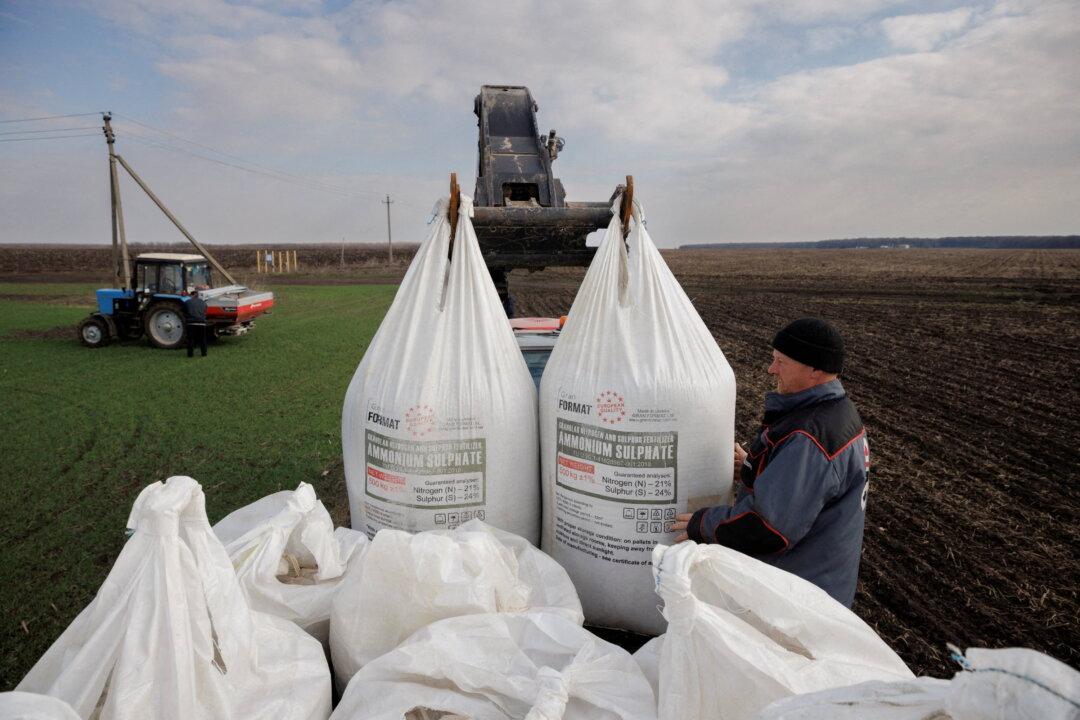Rising fertilizer prices due to the ongoing Russia–Ukraine war could end up killing a million people globally, act as a major driver of food inflation this year, while affecting most of the poorer segments of society.
“This could be the end of an era of cheap food. While almost everyone will feel the effects of that on their weekly shop, it’s the poorest people in society, who may already struggle to afford enough healthy food, who will be hit hardest,” said Dr. Peter Alexander, citing a study led by the University of Edinburgh’s School of GeoSciences. “While fertilizer prices are coming down from the peaks of earlier this year, they remain high, and this may still feed through to continued high food price inflation in 2023.”





